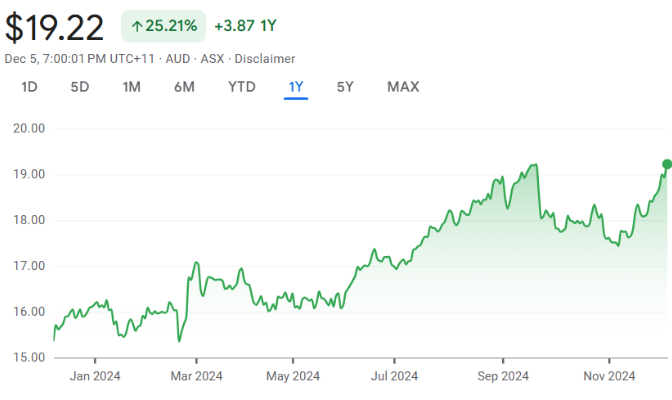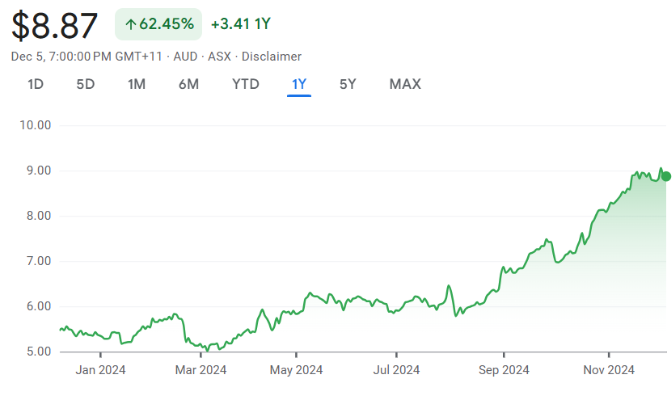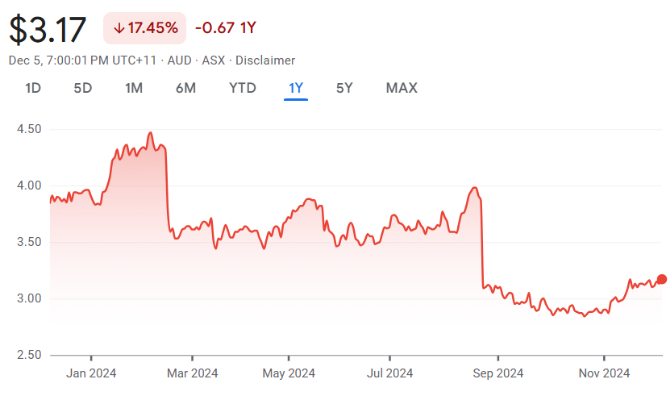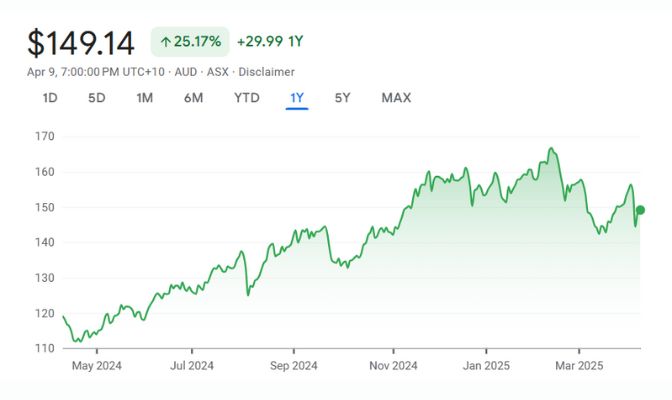What are ASX Value shares?
Value stocks are akin to hidden treasures in the stock market. They are shares of companies that seem to be priced lower than they deserve, based on their business past performance. Imagine a scenario where a company faces a temporary hiccup – like a one-off bad news story or a minor setback in earnings. These incidents can unfairly drag down the stock price, making the company look less valuable than it truly is.
Think of intrinsic value as the real worth of a company, calculated by considering its assets, profits, debts, and potential for growth. When a stock's market price is lower than its real worth, it's like finding a high-quality item on sale. The reasons for this underpricing can be varied: sometimes the market overreacts to short-term issues, or investors might just not be paying enough attention to the company's strengths.
Why invest in Value Stocks?
Investing in value stocks is like betting on a market correction. Investors who pick these stocks believe that eventually, the market will wake up to the company's true value, leading to a rise in the stock and share price and a potential profit for those who invested early. This approach isn't about quick gains; it's a patient strategy that requires a deep dive into the company's financial health and future outlook.
Value investing is all about long-term thinking. It operates on the principle that while the stock market can be shortsighted, focusing too much on current trends or temporary setbacks, it eventually comes around to recognize a company's true value. This method of investing, made famous by legends like Warren Buffett, is about seeing beyond the market's mood swings and focusing on the solid, enduring qualities of a company.
Get the Latest Stock Market Insights for Free with
Stocks Down Under & Pitt Street Research
Join our newsletter and receive exclusive insights, market trends, investment tips, and updates delivered directly to your inbox. Don't miss out – subscribe today!
What to Look for When Investing in Value Shares
Investing in value shares requires a strategic approach, blending financial acumen with a keen eye for undervalued opportunities. Key to this pursuit is analyzing financial ratios, which act as reliable indicators of a stock’s potential value.
The Price-to-Earnings Ratio (P/E) is foundational. It juxtaposes a company's stock price against its earnings. Generally, a lower P/E suggests that a stock might be undervalued relative to its earnings, signalling a potential investment opportunity. Similarly, the Price-to-Book Ratio (P/B) provides insight by comparing the stock’s market value to its book value, where a lower ratio can often point to undervaluation.
The EV/Revenue Ratio further enriches this analysis, relating the stock price to the company's revenue. A lower ratio here can indicate a stock is undervalued in terms of its sales. Equally important is the Debt-to-Equity Ratio, which helps gauge a company's financial health by assessing its debt level in relation to equity.
Beyond these metrics, a thorough examination of the company’s business model, market position, and financial stability is essential. This includes scrutinizing such key factors as its market share, profitability, cash flow, and the effectiveness of its management team. Understanding the reason behind a stock’s undervaluation is critical; it could be a temporary market sentiment or a more intrinsic undervaluation.
Also, ensure the stock has adequate liquidity for smooth trading. Adopting a margin of safety by investing at a price below the estimated intrinsic value of mature company can mitigate risk and turn out to be a good investing strategy.
6 Best ASX Value Stocks to Buy Now in 2025
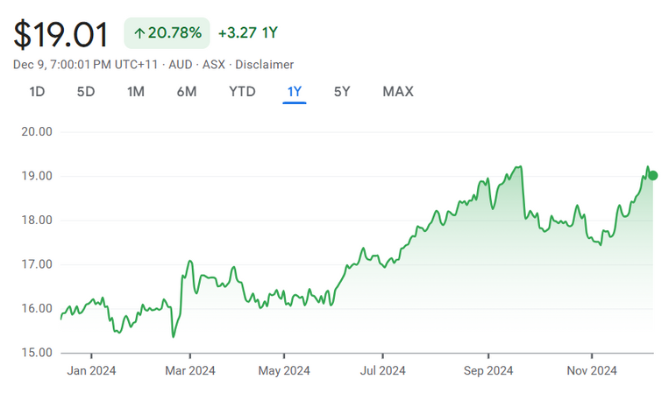
Coles (ASX: COL)
Coles operates its namesake supermarkets as well as bottle shops Liquorland, First Choice Liquor Market, and Vintage Cellars. It also has the Flybuys program that seeks to reward loyal customers with various points redemption options and also makes more money for the company.
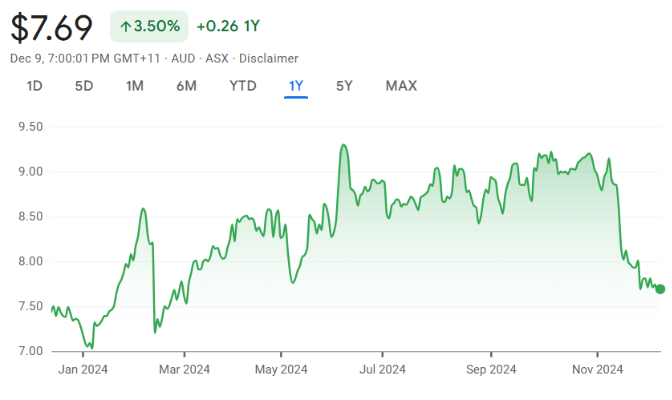
James Hardie (ASX: JHX)
James Hardie Industries is a global building materials group best known for fibre-cement products used in residential and commercial construction. Listed on both the ASX and NYSE, its portfolio includes a broad range of exterior siding, facades and weatherboards sold across major markets, with a particularly strong presence in North America.

Sandfire Resources (ASX: SFR)
Sandfire Resources is an Australian diversified mining company with copper at its core, supplemented by gold and other by-product metals. Its principal assets include the DeGrussa Copper-Gold Mine in Western Australia and other strategically valuable projects in Europe and Africa.
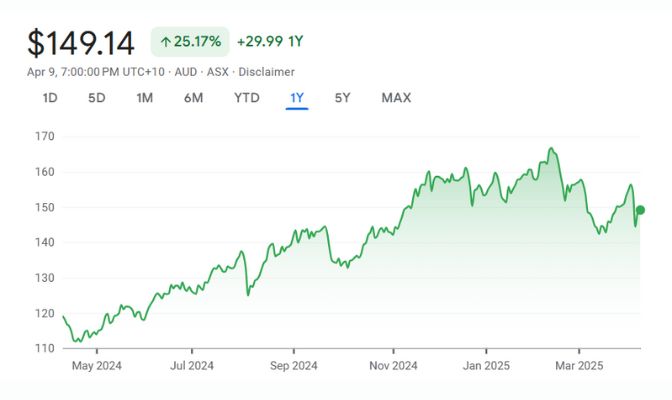
IDP Education (ASX: IEL)
IDP Education operates globally in international student placement and English language testing, including co-ownership of the IELTS exam. Its services connect students with education institutions worldwide, particularly in Australia, the UK and North America.,
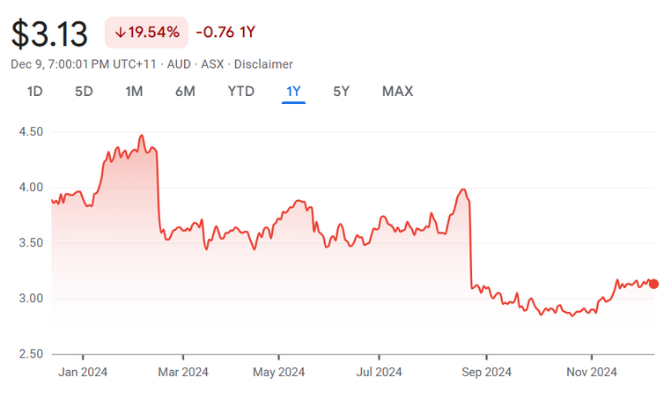
Acrow (ASX: ACF)
Acrow is an industrial engineering and access solutions provider specialising in scaffolding, formwork and temporary support for infrastructure, mining and construction projects. It’s a capital-intensive business with earnings tied to project cycles, but its specialist niche and backlog contracts provide revenue visibility that can underpin valuation resilience.
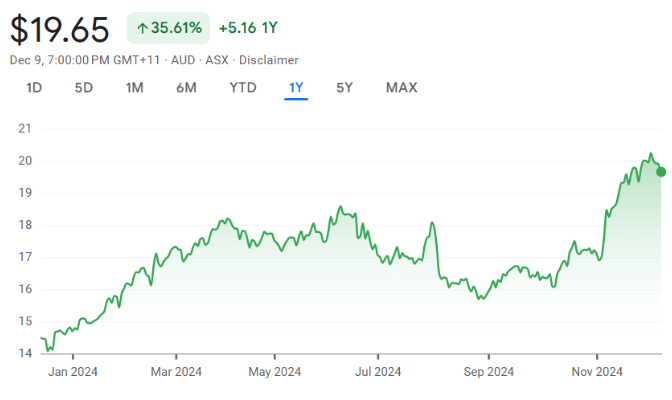
Elders (ASX: ELD)
Elders is a long-established Australian agribusiness and rural services group that operates across a diverse portfolio of agricultural supply, livestock, rural merchandise, real estate, and specialist services for the farming sector.
6 Best ASX Value Stocks to Buy Now in 2026
Pros and Cons of Investing in Value Stocks Stocks
Value stocks often present a golden opportunity for substantial capital growth. They are like hidden treasures, waiting for the market to rediscover their true worth.
These stocks typically come with lower risk and less volatility than their growth counterparts, adding a layer of stability to your portfolio. Additionally, many are well-established companies that reward investors with regular dividends, providing a steady income stream.
However, it demands patience. Sometimes, it feels like a waiting game, as share prices of these stocks might take a while to reflect their real value. There's also the risk of falling into a 'value trap,' where a stock seems undervalued but is actually justifiably priced low due to fundamental issues. For thrill-seekers in the stock market, value stocks might lack the excitement of rapidly growing companies.
Value Stock vs. Growth Stock: Which Is Better?
The debate between best value stocks and growth stocks is like choosing between a steady, reliable old friend and an exciting, unpredictable new acquaintance.
Value stocks, with their lower risk profile and potential for steady gains, are like the tortoise in the race, offering consistent dividends, lower price, and the thrill of uncovering undervalued gems.
On the other hand, growth stocks tend to be full of energy and potential for rapid expansion, though they come with a higher risk of volatility and uncertainty. The choice really boils down to your personal investment style, risk tolerance, and time horizon.
Young, risk-tolerant investors might lean towards growth stocks for their explosive potential, while more conservative investors might prefer the relative safety and steady returns of value stocks. A balanced portfolio often includes a mix of both, aligning with the investor's long-term financial goals and risk appetite.
How to Choose the Right ASX Value Stocks?
Selecting the right ASX value stocks requires you to start by sifting through financial ratios to spot potential undervalued players. Metrics like P/E, P/B, P/S ratios, and debt-to-equity ratios are your tools for this part of the hunt.
Then, you delve into the company's story, examining its business model, market position, and financial stability. Think of it as understanding the character of the company. Does it have a competitive edge, a solid track record, financial services, and a team capable of steering the ship through turbulent waters?
Next, consider the broader picture - what's the potential for revaluation, and is there a margin of safety in your own investment strategy? Remember, liquidity is key for smooth entry and exit. This approach requires patience, as the true value of these stocks may take time to unfold, and thorough research to avoid falling into value traps.
Are ASX Value shares right for you?
Deciding if ASX value shares are your cup of tea depends on several personal factors. If you're a long-term player in the investment game, value stocks can be a great match. They offer a less volatile journey, often with the added bonus of dividend income.
This can be particularly appealing if you're risk-averse or nearing a stage in life where steady income is more valuable than high-risk, high-reward scenarios. For the contrarian investors who relish in going against the grain and digging deep into company fundamentals, value shares are like a playground of opportunities.
However, if you're drawn to the fast-paced, high-growth environment of newer industries and startups, or if patience isn't your strong suit, value stocks might not align well with your investment style. Investing in value stocks is more about steady growth and dividends than quick gains.
FAQs on Investing in Value Stocks
“Value” investing implies buying stocks perceived to be priced below their true worth based on fundamentals such as earnings, cash flows and long-term asset quality
Our Analysis on ASX Value Stocks
ASX Company Spin: Here are 7 occasions when management tries to sell bad news as good news
In all our years, we have seen our fair share of ASX Company Spin. It is repeated because often investors…
Rhythm Biosciences (ASX:RHY): Since picking up Genetype, it has never looked back and is more than a one-trick pony!
Investors may remember Rhythm Biosciences (ASX:RHY) for its ColoSTAT test, but it is Genetype that is arguably more exciting. The…
The 50% CGT discount on shares: Here’s how it works, and if it is under threat
The 50% CGT discount on shares is one of the key mechanisms that helps investors keep as much of their…
Compumedics (ASX:CMP): Expecting $70m sales but trading at barely over 1x Revenues, is this a buy?
Some investors may think Compumedics (ASX:CMP) is highly undervalued. It trades at $75m, a level that many clinical-stage medtech or…
Stocks Down Under’s Top 10 Hottest ASX Stocks to Look At in 2026!
Today, on the first trading day of 2026, Stocks Down Under publishes its its 10 Hottest ASX Stocks to Look…
Does Dusk Group (ASX:DSK) smell undervalued? There’d be potential if its customers weren’t so careful with money
Dusk Group (ASX:DSK) purports to be Australia’s favourite home fragrance seller. But investors have not been sharing the love for…
